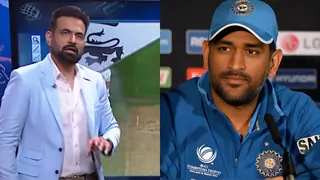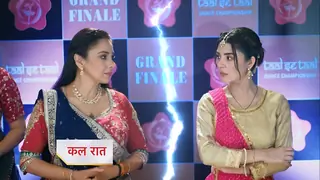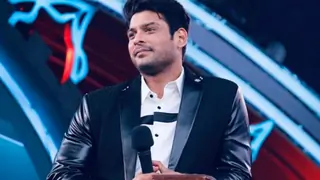Rakesh Chaurasia
A famous name attached to this musician, young Rakesh Chaurasia is the nephew and child prodigy of flute maestro Pt. Hariprasad Chaurasia. He is today amongst the front ranking disciples of his guru and shows all the promise to carry the Chaurasia legacy into the next millennium.
Just like his legendary uncle, Rakesh possesses the right balance of strength and serenity, very critical factors for an exceptional flautist. His dexterous blowing technique coupled with his training of 'swara' and 'tala' exudes adeptly in his emotions through the hollow piece of bamboo.
Rakesh has already globe trotted many times over enthralling audiences at classical and semi-classical concerts. He is also an accomplished playback musician having recorded with most of the leading stalwarts of the Indian film industry. During all this time Rakesh has never deviated from his main goal which is becoming a full-fledged classical musician.
Amongst other accolades and awards bestowed on this young artist is the first prize at the South Central Zone Cultural Center, Nagpur for the most promising young artist in 1989 and the Jadubhatta Puruskar awarded by the Salt Lake Cultural Association in 1995. Rakesh has regularly appeared in prominent festivals like the St. Xavier's in Bombay, and the Festival of India in Russia, Japan and USA, just to name a few.






 Rakesh Chaurasia is the nephew and child prodigy of flute maestro Pt. Hariprasad Chaurasia. He is today amongst the front ranking disciples of his guru and shows all the promise to carry the Chaurasia legacy into the next millennium. Rakesh possesses the right balance of strength and serenity, very critical factors for an exceptional flutist. Abhijit Pohankar, son of well-known vocalist Pt. Ajay Pohankar, is an eminent classical instrumentalist in his own right. Abhijit plays hindustani classical music on the keyboard. Abhijit received his early training from his grandmother, Dr.Smt.Susheela Pohankar and his father Pt.Ajay Pohankar. Currently, Abhijit is being groomed by the great Santoor maestro Pt. Shivkumar Sharma. Pt. Vijay Ghate is considered by vocalists, instrumentalists, and by classical dancers as one of the best of the young tabla players of India. Vijay learned his art at a very early age under under the tutelage of Pt. Suresh Talwalkar. Even at the age of 16 he became well-known for his scintillating solo performance, as well as, accompaniment with vocal and instrumental music and kathak dance. Vijay is known for clarity, dexterity, and purity of various complicated, tabla compositions.
Rakesh Chaurasia is the nephew and child prodigy of flute maestro Pt. Hariprasad Chaurasia. He is today amongst the front ranking disciples of his guru and shows all the promise to carry the Chaurasia legacy into the next millennium. Rakesh possesses the right balance of strength and serenity, very critical factors for an exceptional flutist. Abhijit Pohankar, son of well-known vocalist Pt. Ajay Pohankar, is an eminent classical instrumentalist in his own right. Abhijit plays hindustani classical music on the keyboard. Abhijit received his early training from his grandmother, Dr.Smt.Susheela Pohankar and his father Pt.Ajay Pohankar. Currently, Abhijit is being groomed by the great Santoor maestro Pt. Shivkumar Sharma. Pt. Vijay Ghate is considered by vocalists, instrumentalists, and by classical dancers as one of the best of the young tabla players of India. Vijay learned his art at a very early age under under the tutelage of Pt. Suresh Talwalkar. Even at the age of 16 he became well-known for his scintillating solo performance, as well as, accompaniment with vocal and instrumental music and kathak dance. Vijay is known for clarity, dexterity, and purity of various complicated, tabla compositions. 
















